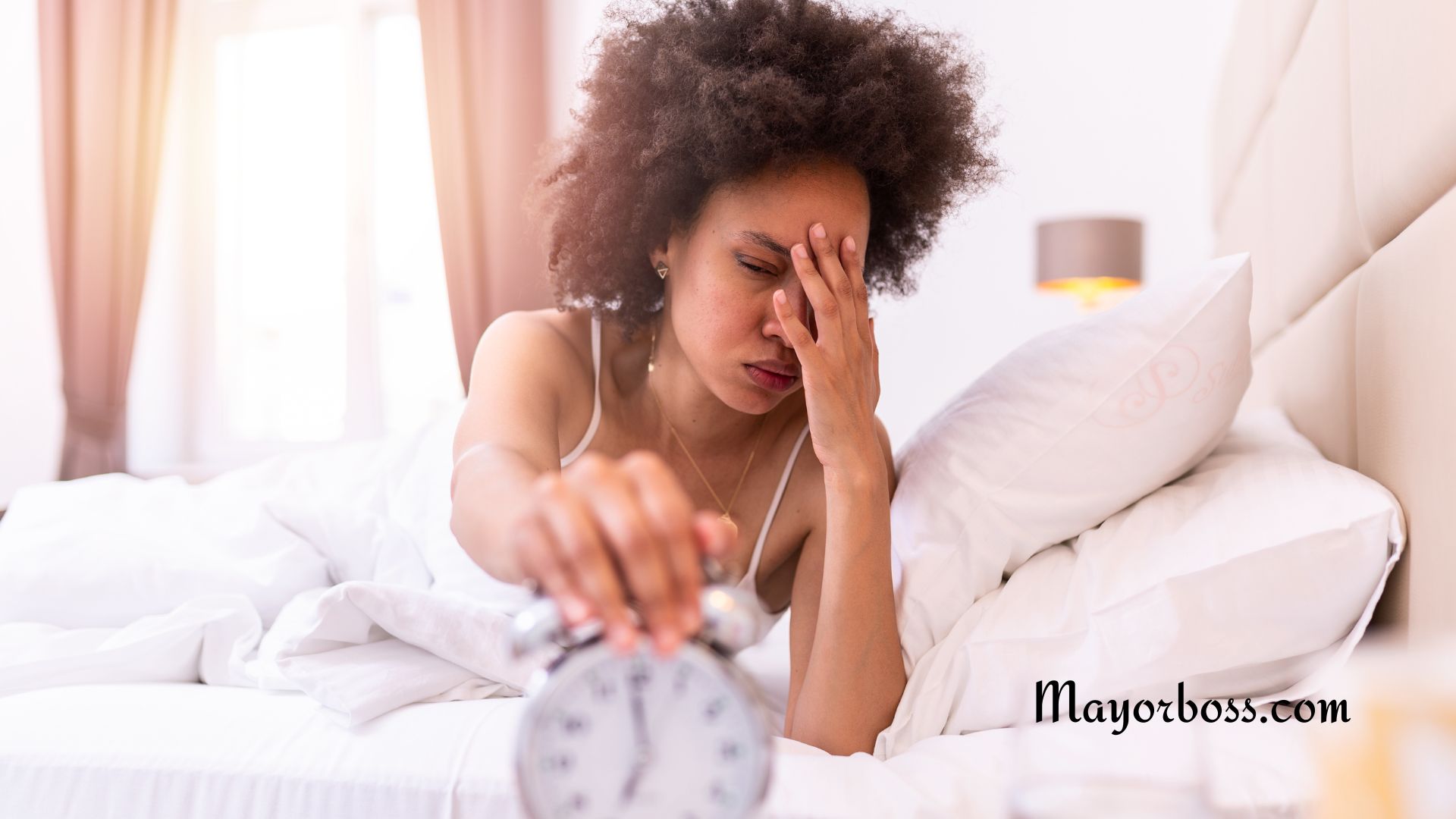There Are Many Things You Can Do to Prevent Constipation
“Constipation means that a person has three or fewer bowel movements in a week,” explains MedlinePlus. It can be frustrating and uncomfortable, but the good news is that it’s often preventable. Here are practical steps that can help you prevent constipation and keep your digestive system in balance.

You Should Start by Drinking Plenty of Water Every Day
One of the easiest ways to prevent constipation is by staying hydrated. If you’re not getting enough water, your digestive system might not have the fluids it needs to process food efficiently. It is recommended to drink at least 8 glasses of water a day to keep things moving. Water helps soften your stool, thereby making it easier to pass, so don’t underestimate the power of hydration.
Dehydration, in contrast, makes stools hard, dry, and difficult to pass, which leads to constipation. If plain water sounds boring, herbal teas, clear broths, and natural fruit juices can also help increase your fluid intake.
Eating Enough Fiber-Rich Foods Is Crucial to Preventing Constipation
Fiber is your best friend when it comes to avoiding constipation. It helps bulk up your stool and makes it easier to pass through your system. If you’re wondering where to get fiber, it’s easy. Foods like whole grains, vegetables, fruits, and legumes are packed with it. According to the Dietary Guidelines for Americans, most adults should aim for 25 to 30 grams of fiber daily.
Some fiber-rich options to consider are:
- Apples
- Broccoli
- Lentils
- Oatmeal
- Chia seeds
But be cautious. Adding too much fiber too quickly can cause bloating or gas. Gradually increasing your fiber intake gives your body time to adjust.
Moving Your Body Helps Keep Your Digestive System Working Well
Believe it or not, regular physical activity can help prevent constipation. You don’t have to go overboard with exercise, but staying active encourages natural contractions of the intestines, which helps move stool through your colon. Even a daily 30-minute walk can in fact help you avoid developing constipation. According to experts, consistent physical activity boosts overall digestive health, which can lower your risk of constipation.
You Shouldn’t Ignore the Urge to Use the Bathroom
Ignoring the urge to go, even when you actually have the desire to go, can cause constipation, especially if you do it often. When you delay going to the bathroom, stool stays in the colon longer, which causes it to become harder and drier. Therefore, it’s extremely important to listen to your body’s signals and make time for a bathroom break when you need it. The longer you hold it in, the more difficult it becomes to pass stool.
Stress Can Make Constipation Worse, So Managing It Is Key
Stress affects more than just your mood—it can impact your digestive health, too. Some people notice that stress makes their constipation worse. Managing stress through activities like yoga, meditation, or breathing exercises can help your body maintain regular bowel movements.
If you feel like stress is getting the best of you, try incorporating relaxation techniques into your routine. Simple practices, such as taking deep breaths, listening to calming music, or journaling, can reduce stress and support digestive health.
You Should Avoid Eating Too Many Processed Foods
Processed foods often lack fiber, making them a bad choice if you want to prevent constipation. Foods like white bread, fast food, and sugary snacks tend to slow down digestion. Instead, opt for whole, unprocessed foods like fruits, vegetables, and whole grains to keep your digestive system running smoothly. If you eat too many processed foods regularly, you’re more likely to experience constipation and digestive discomfort.
Caffeine and Alcohol Should Be Limited to Prevent Dehydration and Constipation
Both caffeine and alcohol can contribute to dehydration, which, as we’ve already discussed, can lead to constipation. While a cup of coffee in the morning may help stimulate bowel movements in some people, overdoing it with caffeine or alcohol can have the opposite effect by drying out your system. Instead of relying on these drinks, stick to water, herbal teas, or hydrating options to keep constipation at bay.
Probiotics Might Help You Prevent Constipation, So Consider Including Them
Probiotics are good bacteria that can help keep your digestive system balanced. They support gut health and can help prevent constipation by improving stool consistency and frequency. Some of the best sources of probiotics are yogurt, kefir, and fermented foods like sauerkraut or kimchi. According to research published in the American Journal of Clinical Nutrition, adding probiotics to your diet may help improve digestion and reduce the occurrence of constipation.
Consider Over-the-Counter Solutions if Necessary
If you’re dealing with occasional constipation, over-the-counter laxatives might offer relief, but it’s important to use them cautiously. The NHS inform recommends using laxatives only as a temporary solution and not relying on them for long-term prevention. They work in different ways—some add bulk to the stool, while others stimulate the muscles in your intestines—but overuse can lead to dependency. For persistent constipation, it’s best to talk with your doctor before using any laxative regularly.
You Should Talk to Your Doctor if Constipation Becomes a Persistent Issue
Constipation can usually be managed with lifestyle changes, but if it becomes a regular problem, you should talk to your physician. Chronic constipation could be a sign of an underlying health condition, such as irritable bowel syndrome (IBS) or a thyroid issue. If you notice blood in your stool, experience severe abdominal pain, or go several days without a bowel movement, it’s time to see a doctor. They may run tests to determine if there’s a medical reason behind your constipation and recommend the appropriate treatment.






